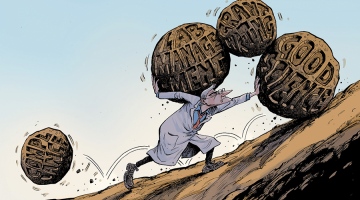Years of Ethics Charges, but Star Cancer Researcher Gets a Pass
Dr. Carlo Croce was repeatedly cleared by OhioState University, which reaped millions from hisgrants. Now, he faces new whistle-blower accusations.
Send us a link
Dr. Carlo Croce was repeatedly cleared by OhioState University, which reaped millions from hisgrants. Now, he faces new whistle-blower accusations.
The problem of fake data may go far deeper than scientists admit. Now a team of researchers has a controversial plan to root out the perpetrators

New study sheds new light on impact of federal sanctions.
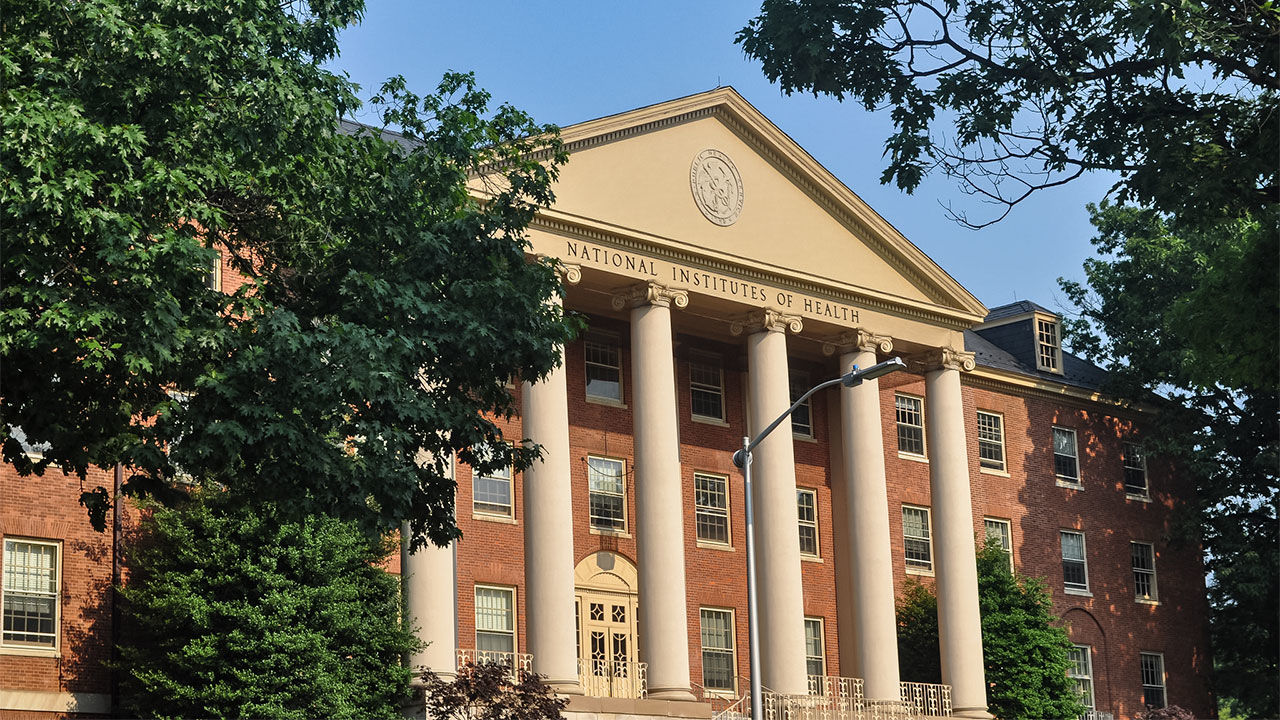
When firing Allen Braun, the NIDCD also barred his colleagues from publishing data collected over a 25-year period.
When politics meddles with science, it can lead to tragedy, as was the case with Stalin's favourite agricultural biologist Trofim Lysenko and his rival Nikolai Vavilov.
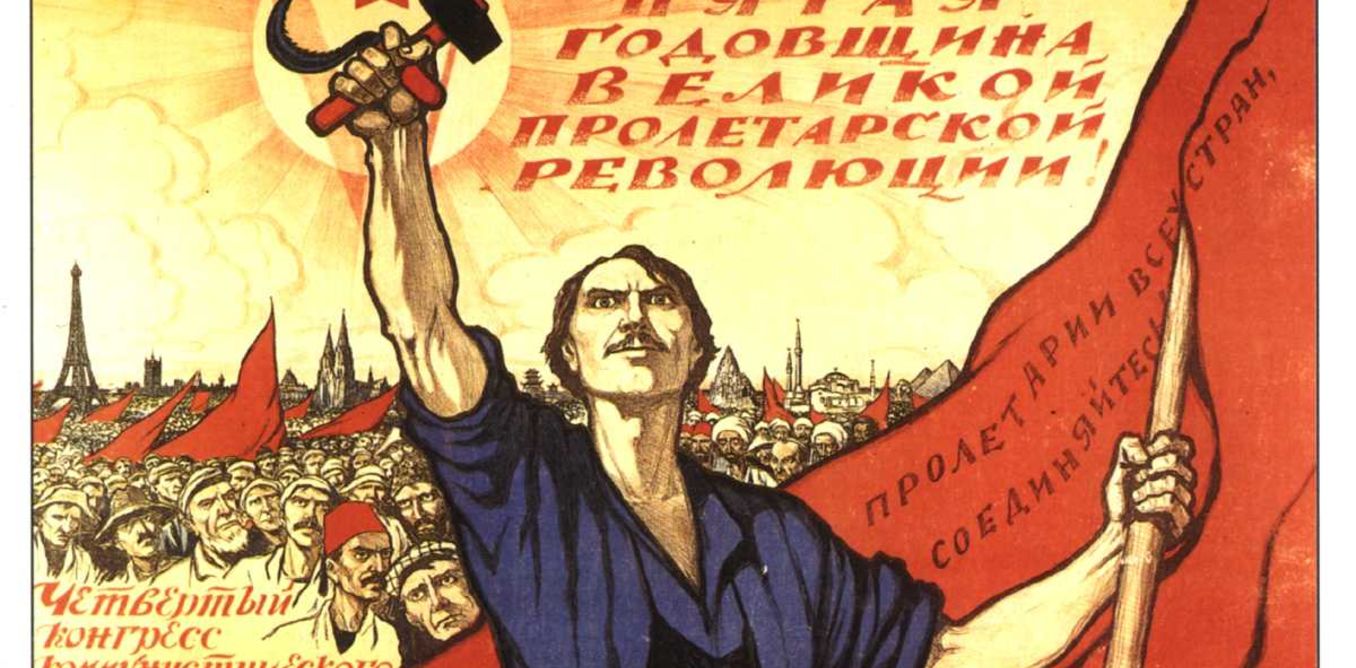
Two University of Washington professors are taking aim at BS in a provocatively named new course they hope to teach this spring.
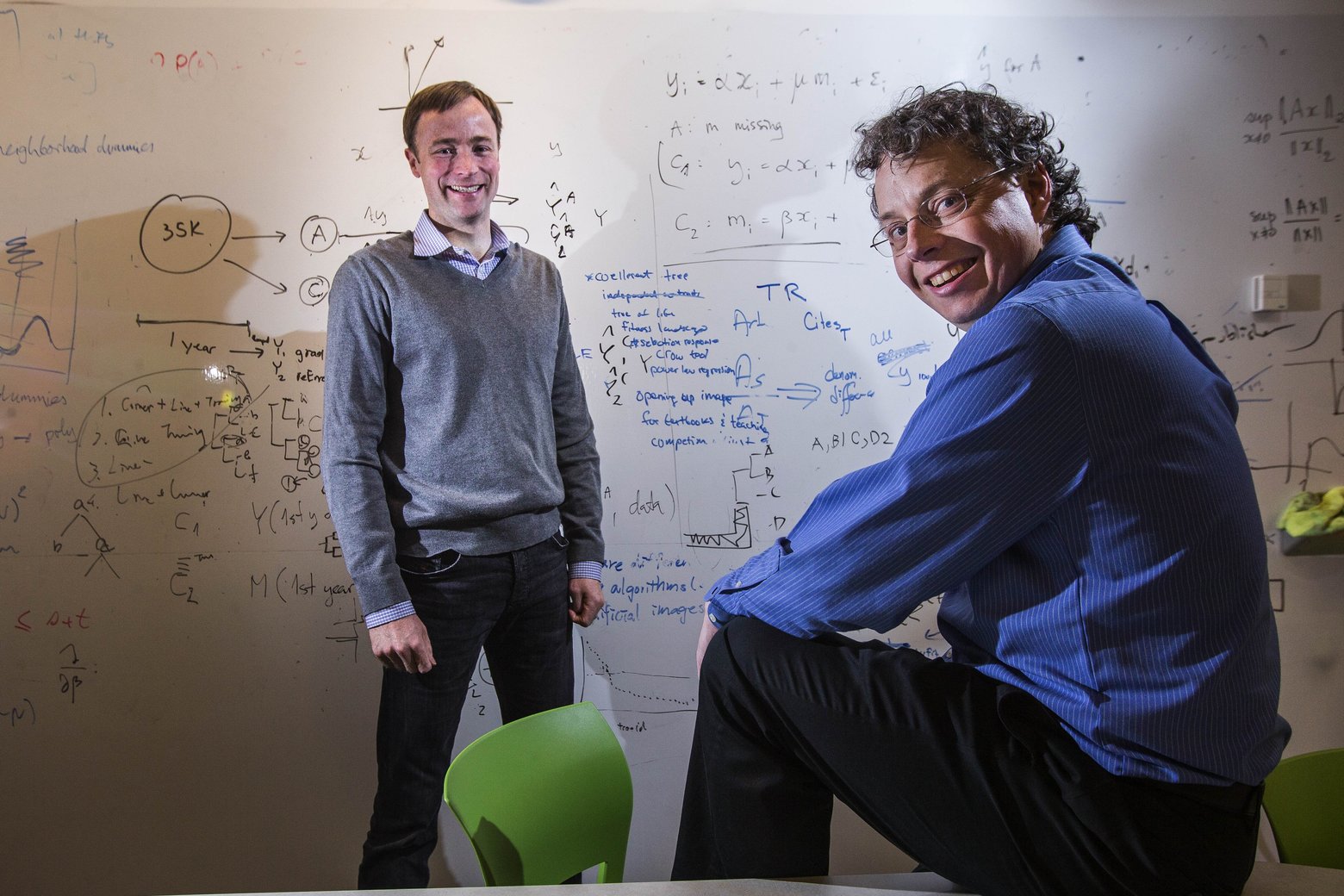
The problem of fake data may go far deeper than scientists admit. Now a team of researchers has a controversial plan to root out the perpetrators

In a time when facts don’t matter, and science is being muzzled, American democracy is the real victim
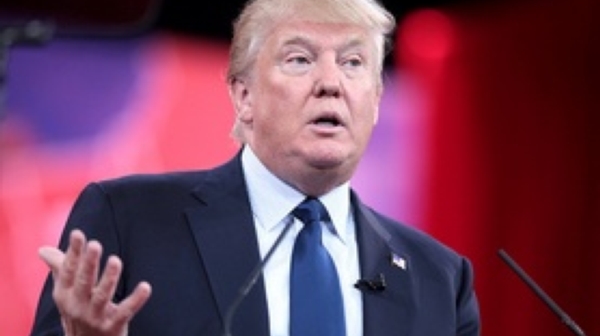
Fake news has been in the news a lot lately. Fake news proliferated wildly during the 2016 U.S. election, much of it completely fabricated, usually with an extreme partisan bias. Fake news is corrosive. It mis-informs the public, divides people against one another, leads to bad policy decisions, and can even induce people to take action against imaginary threats.
232 new predatory open-access publishers over 2016.
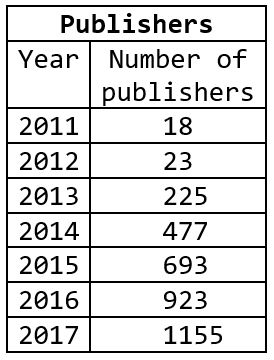
Science fraud draws attention, but most scientists think it’s a far lesser threat to their field than the many times researchers cut corners.
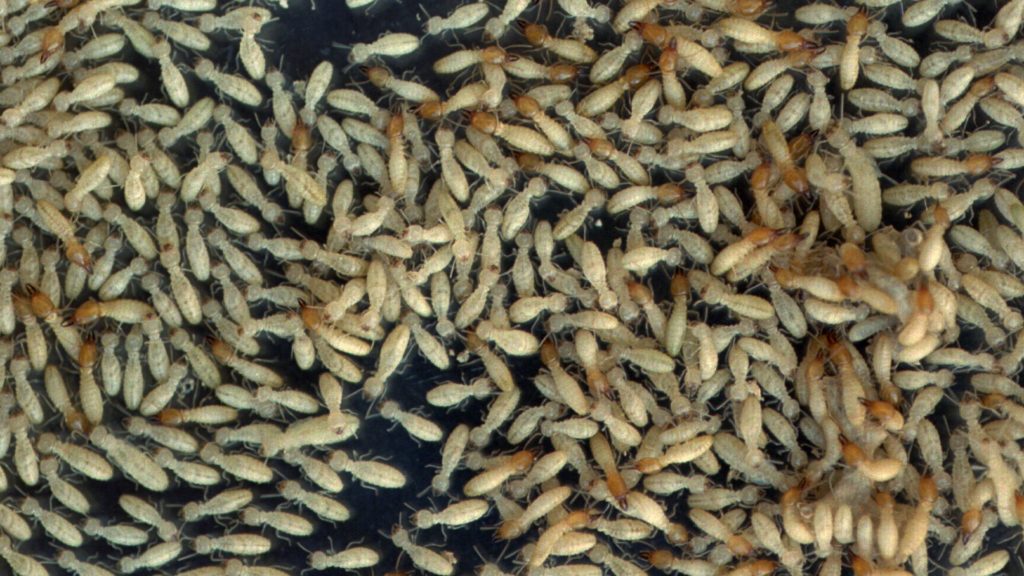
Davide Vannoni is barred from offering a controversial stem-cell therapy in Italy but may be continuing his work abroad.
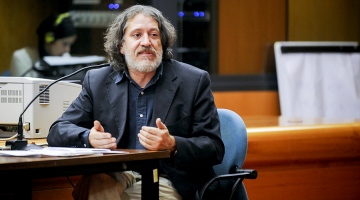
A court case may define the limits of anonymous scientific criticism
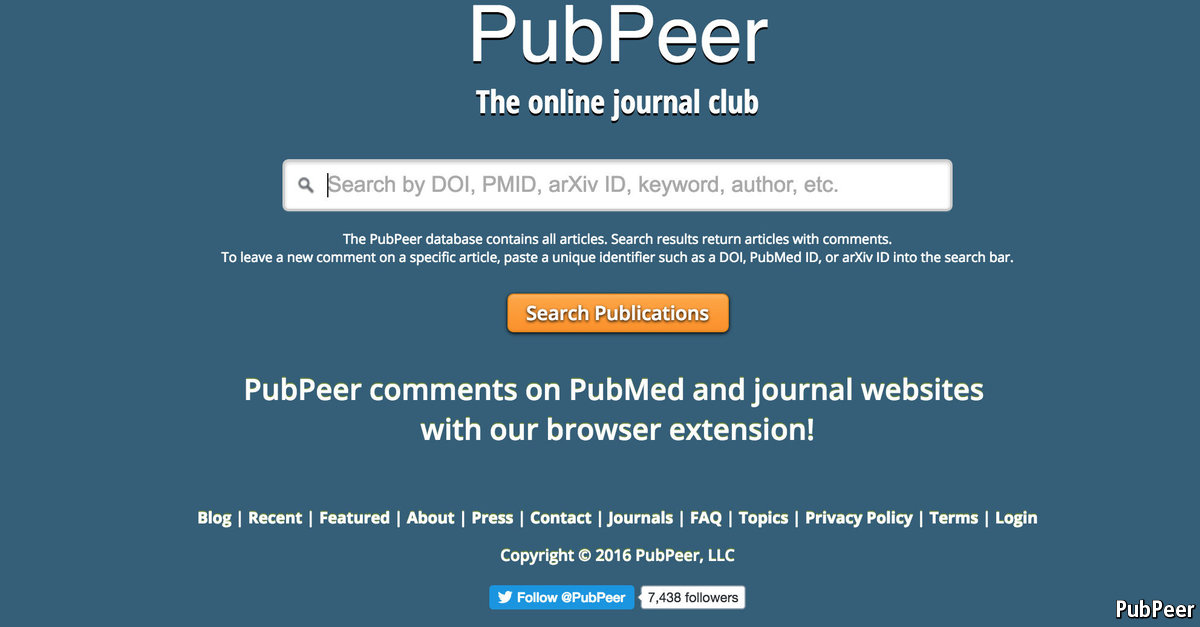
Cull of papers follows similar discoveries in 2015.
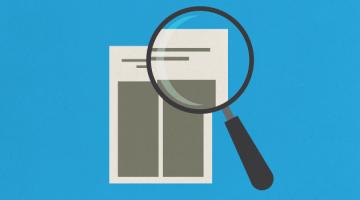
There is a growing trend of authors purchasing a spot on the author list of papers-for-sale – and the better the journal, the higher the price.
PubPeer users went from discussing papers to hunting down fraud—and have embroiled the site in the most important internet privacy case you've never heard of.
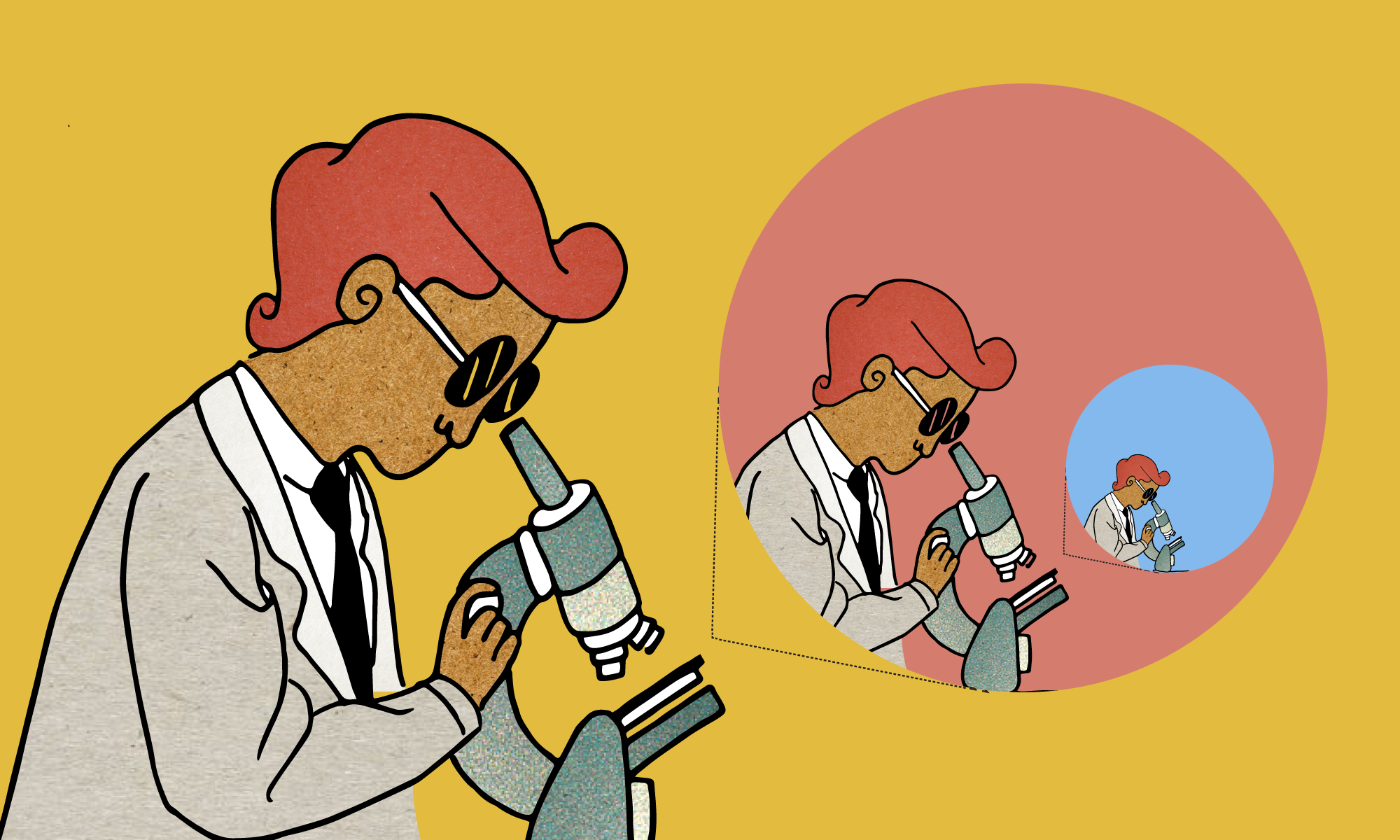
‘Academic capitalism’ contributed to the mishandling of the Macchiarini case by officials at the Karolinska Institute in Sweden, argues Olof Hallonsten.
A Cross-Sectional Study
Anonymous individual or group claims that 22 papers from the University of Tokyo contain fabricated or falsified data.
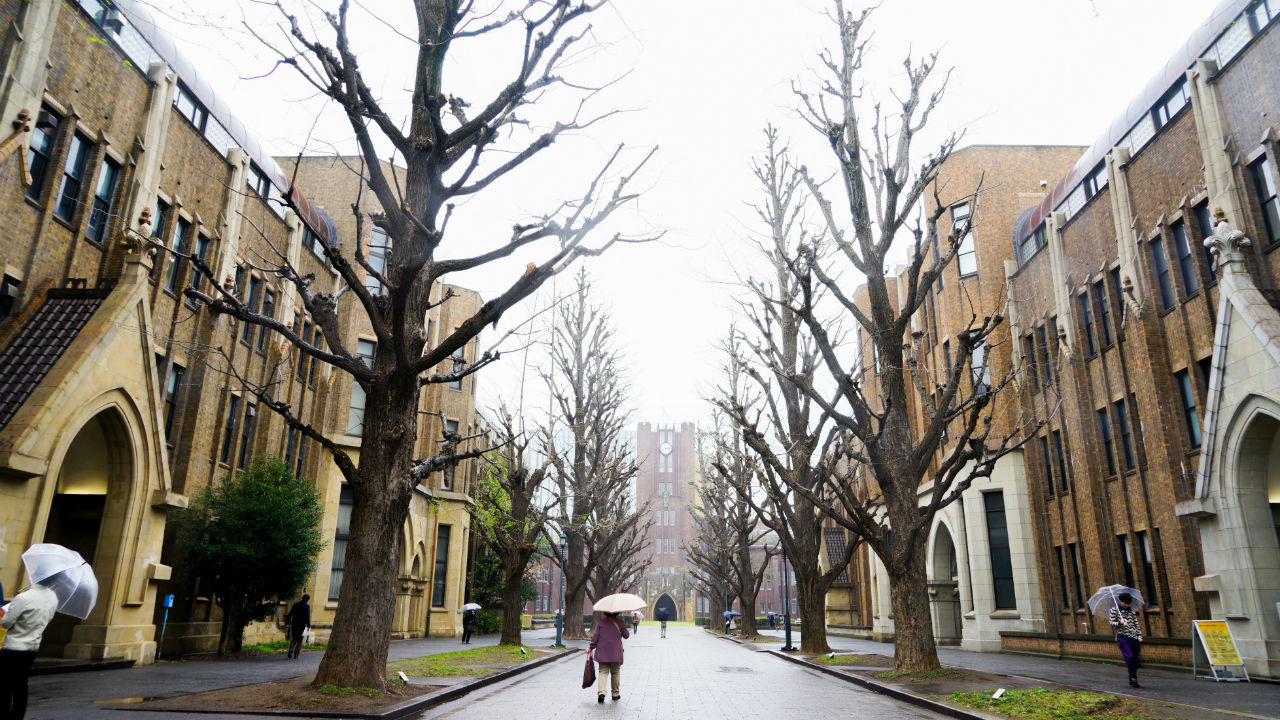
Proposed law would ban the practice

Efforts to reduce irreproducibility in research must also tackle the temptation to cheat.

Openly discussing the history of science, where is has gone wrong, and the incredible efforts individual scientists go to uncover fraud should inspire confidence in its self-correcting nature.
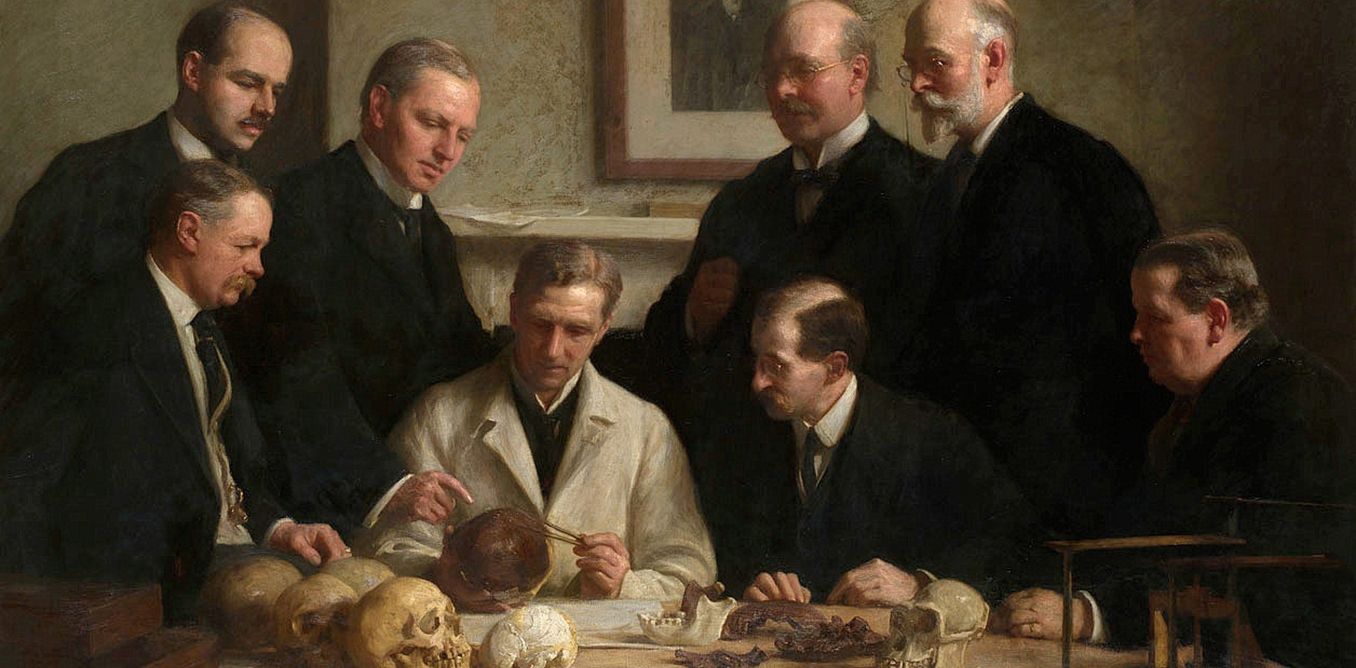
Authors of systematic review articles sometimes overlook misconduct and conflicts of interest present in the research they are analyzing, according to a recent study published in BMJ Open.
The focus on impact of published research has created new opportunities for misconduct and fraudsters, says Mario Biagioli.
The publicly funded agency responsible for policing scientific fraud is keeping secret the details surrounding these researchers. Their names, where they worked, and what they did wrong is protected under privacy laws.
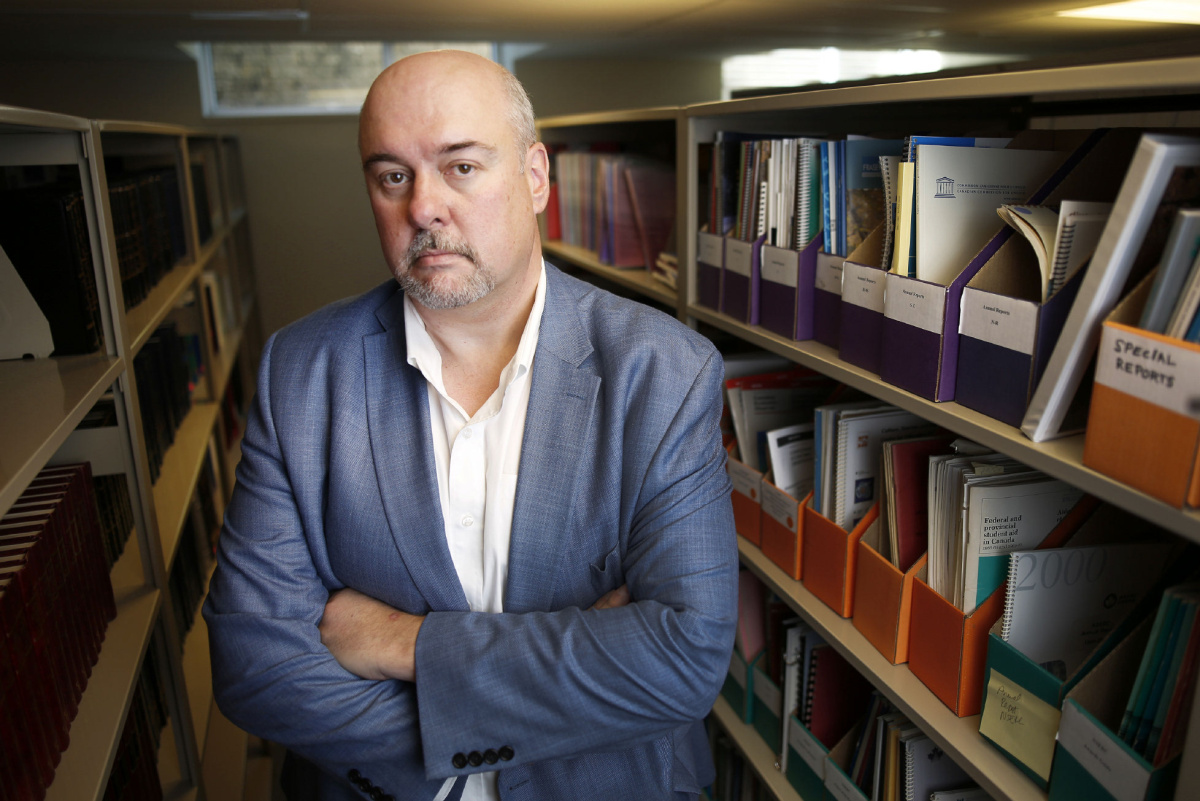
Michael Katze, famous for his studies of Ebola and the flu, ran a lab at the University of Washington where intoxication and sexual harassment went unchecked, and where he misused public resources for personal gain, according to two investigations obtained by BuzzFeed News.

Science has never been more powerful, but it is under attack.

Experts preaching the ‘truth’ on healthy eating or cancer cures are not immune to the murky worlds of politics and commerce.

Common compliance situations can get good researchers into trouble, warn James M. DuBois and colleagues.
